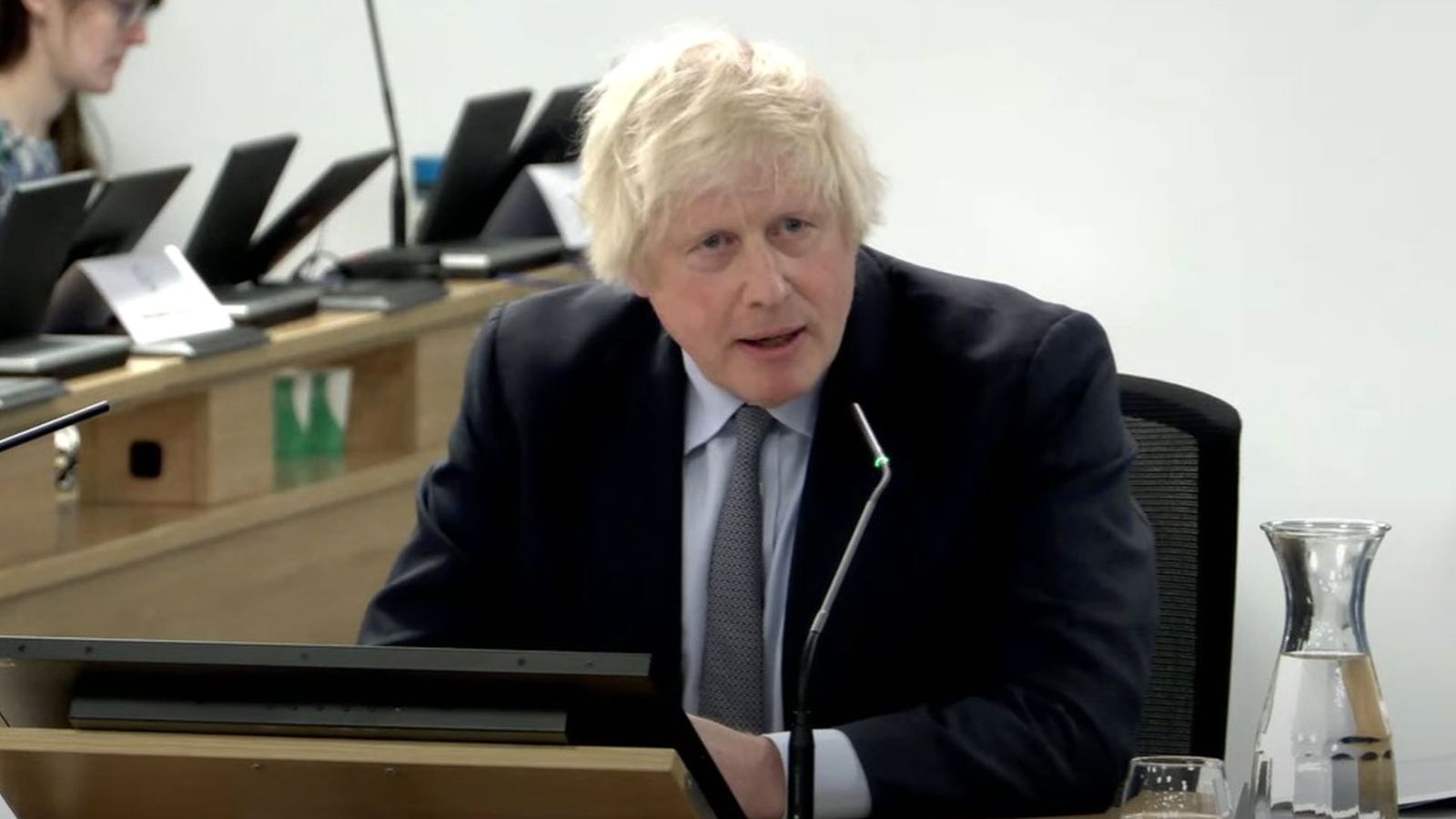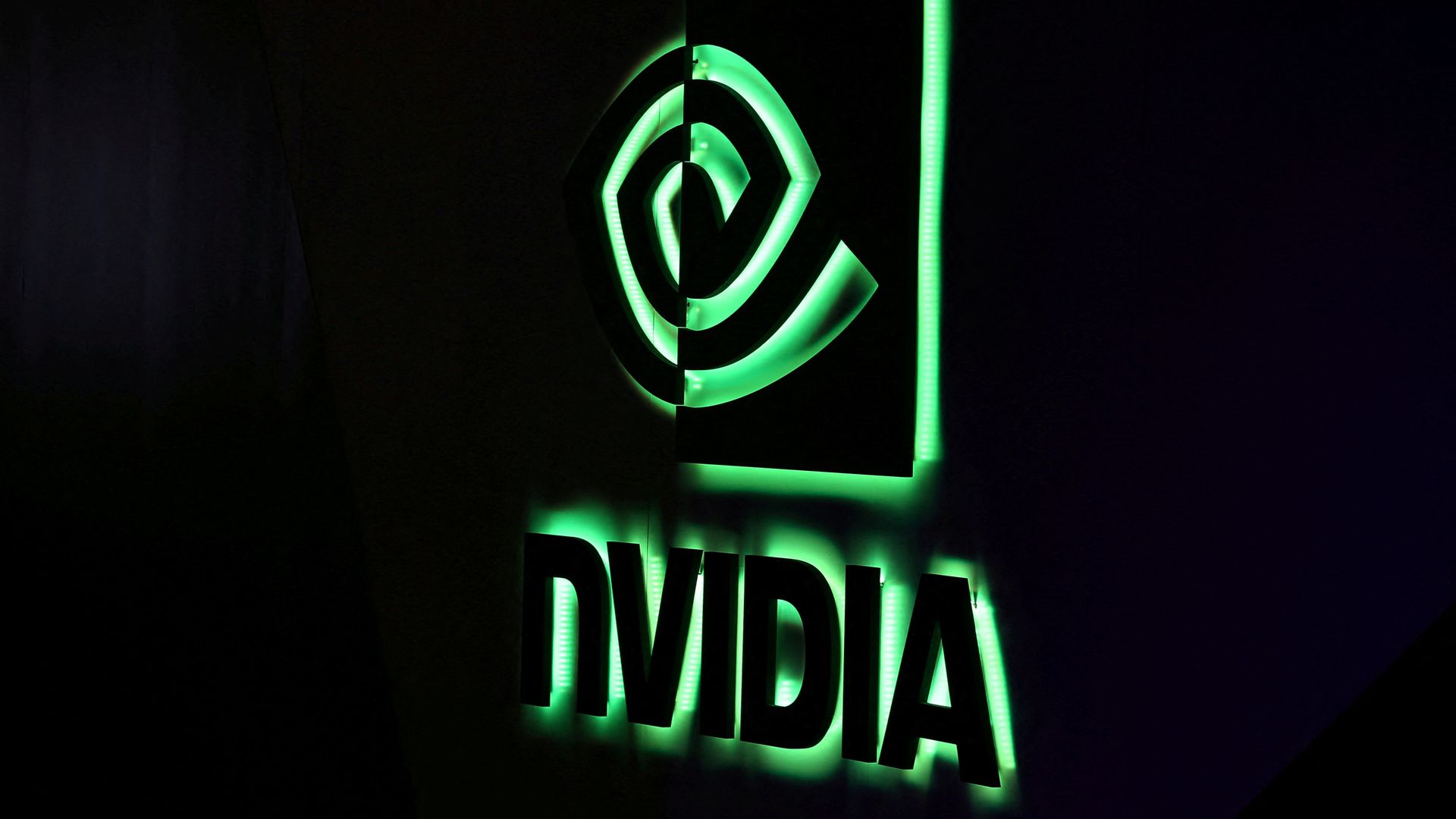Even though some House Democrats are talking about helping a GOP speaker nominee, that doesn’t mean it will actually happen. And some party leaders say it’s actually counterproductive to talk openly about working with the other side.
“It’s not helpful to make reference to specific House members that might be willing to pursue this path. Because what we learned last week is that then their support erodes in in their caucus,” said Rep. Annie Kuster (D-N.H.), chair of the centrist New Democrats.
When Republicans hit “rock bottom,” she said, then “it needs to be Republicans that are coming to us.”
Although some on the left have indicated a willingness to help out a Republican speaker nominee on the floor if the right comes up short, Democrats are searching for major concessions from the GOP, which has no appetite for cutting a deal right now.
Rep. Dean Phillips (D-Minn.), an iconoclast in the party who’s been taking steps towards a primary challenge to President Joe Biden, signaled Tuesday he’d be open to abstaining from voting for speaker if Democrats won concessions and it helped Rep. Tom Emmer (R-Minn.) win the gavel.
Meanwhile, House Minority Leader Hakeem Jeffries has worked to project a united front in his caucus as Democrats prepare to put up more votes for him on the floor. As the House enters its third week without a speaker, Democratic leaders are sticking to their message of keeping the door open for a bipartisan deal — but they don’t think it’s the right time yet.
Asked Tuesday if his party should work to help a Republican speaker nominee, Jeffries indicated the right should sort out its own squabbles first before they took steps towards any dealmaking.
“It’s time for extreme MAGA Republicans to end the chaos, end the dysfunction, end the extremism and reopen the House,” he said.







